![]()
When trying to comprehend the extent of information technology involved with an event such as the 2016 Olympic Games, technology supplier Atos compares it to “setting up and running the tech infrastructure for a company of 200,000 employees with four billion customers — and moving to a new headquarters every four years.” Clearly, technology has been a huge factor behind the scenes of the Olympics and this year is no exception. The Summer Games in Rio have become an opportunity for new technologies to transform the way the world experiences sports and entertainment. The latest advances are being used to gather and provide data to athletes and viewers alike.
Not only have athletes utilized new technologies while training but they will also be using them during the Olympic Games. Marathon runners will be wearing patches that detect their body temperature and electrolyte levels which enable them to balance their water and sodium intake. The cyclists for the USA team will be wearing goggles that similarly collect data during their race such as their speed and wind conditions. Viewers at home also benefit from this increase in data collection with GPS tracking. They can see key elements such as speed and direction while the race is in progress.
In sports such as archery and taekwondo, new technologies are being used to decrease the effect of human error on the outcome of the game. An electronic scoring system that detects the tip of the arrow on the target within an accuracy of .2mm is being used in archery events. In taekwondo, new technologies have even affected the strategy of the game. The protective gear they wear will now be used to keep track of scoring with the use of electronic sensors.
Also for the first time, the Summer Olympics will be using Virtual Reality to display the Games. It will be available for anyone who owns a VR Headset or can be bought On Demand for those who don’t. This allows for a new Olympic Games experience where spectators at home can feel as though they are there with a more advanced image and camera angle.
The ancient tradition of the Games has very much evolved over the years, but this one will truly set a precedent for all around engagement for everyone involved and at home.
If you’d like to know more, check out these articles that go more into detail on the ways that new technology will be affecting the 2016 Olympic Games in Rio:

